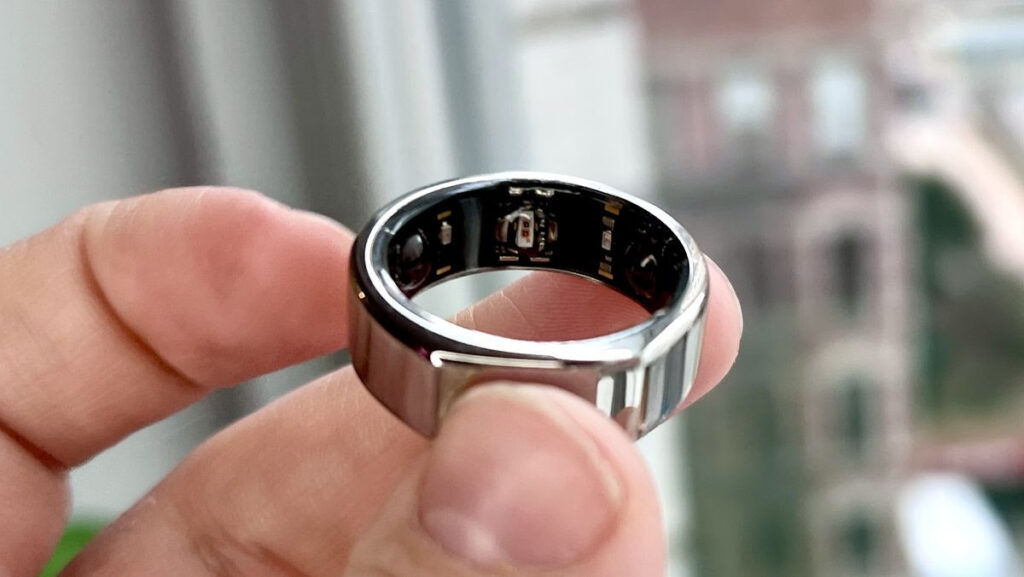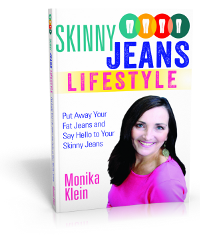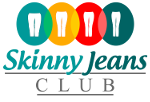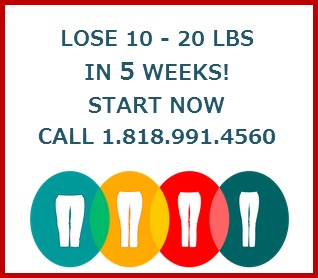There’s been a lot of excitement — and also confusion — about wearables lately. I’ve had more and more clients asking me: Do I really need one? Will it help me live longer and healthier, or is it just the latest fad?
It’s a fair question. Between flashy advertising, friends recommending their favorite gadgets, and the sheer number of choices on the market, it can feel overwhelming. Cost is another factor. While a continuous glucose monitor (CGM) may be covered by insurance if you’re diabetic, for many people it’s an out-of-pocket expense.
So, what are the benefits of investing in wearables?
-
They can provide valuable insights into how your body responds to food, movement, stress, and sleep.
-
They can highlight patterns you may not notice on your own.
-
Used well, they can become a tool for self-awareness and better decision-making.
The flip side is that some people become obsessive about the numbers, which can actually create more stress rather than less. That’s why I always emphasize balance: a wearable is best used as a tool, not the ultimate authority on your health.
I’m all for learning what makes you tick. Wearables can be one way to do that — but so can listening to your body, paying attention to your diet, moving regularly, and, perhaps most profoundly, getting good-quality sleep.
Quick Comparison of Popular Wearables

Oura Ring – Best for sleep tracking, recovery insights, and stress balance. Small, discreet, but no screen.
Whoop Band – Best for athletes and performance-driven individuals. Excellent Heart Rate Variability or HRV and recovery tracking, but requires a subscription.
Garmin – Best for active outdoor enthusiasts. Strong fitness, GPS, and stress tracking features. Wide range of models and price points.
Apple Watch – Best all-rounder. Combines stress and HRV data with everyday use (calls, apps, notifications). Great if you want one device to do it all.
Continuous Glucose Monitor (CGM) – Best for blood sugar awareness. Offers real-time glucose feedback. More medical in nature, can be eye-opening but may feel intense for some.
My Takeaway
If you’re health-conscious and longevity-minded, wearables can offer powerful insights — but they’re not the only way to know yourself. The most important step is finding the right mix of tools and practices that help you stay in tune with your body.
Next Steps
If you’re curious about trying one of these tools, or you’re not sure which might fit best with your lifestyle, I’d be happy to explore it with you. Just reach out whenever you’re ready — no rush. Sometimes the best next step is simply a conversation.






